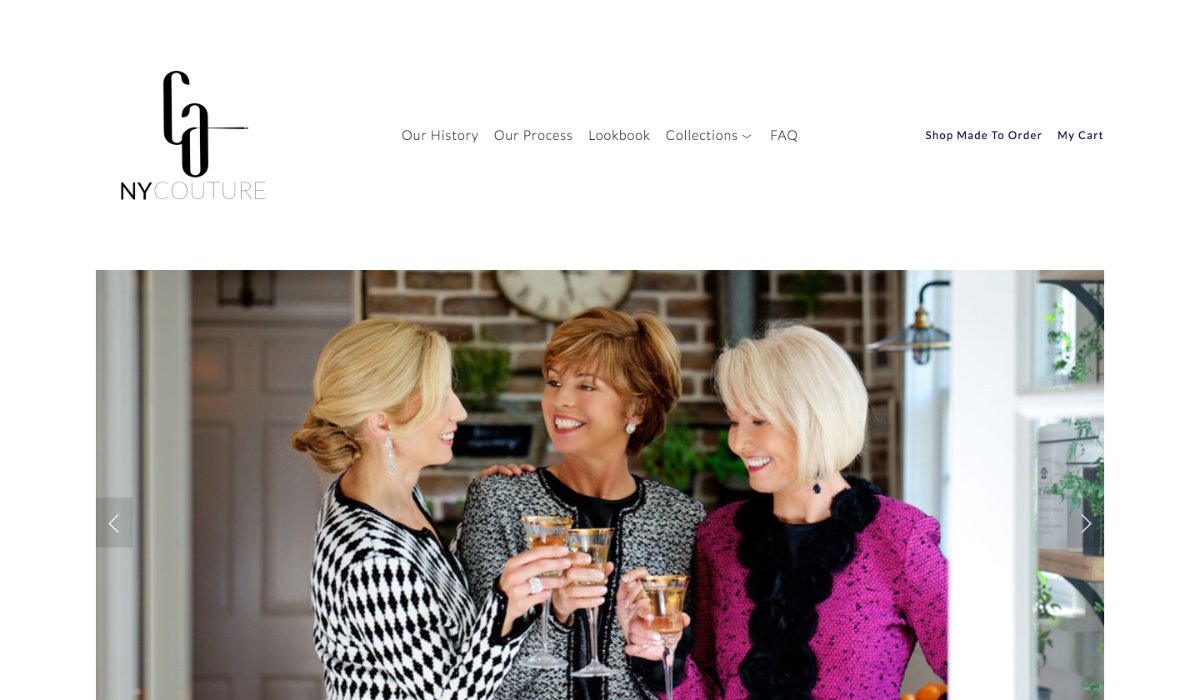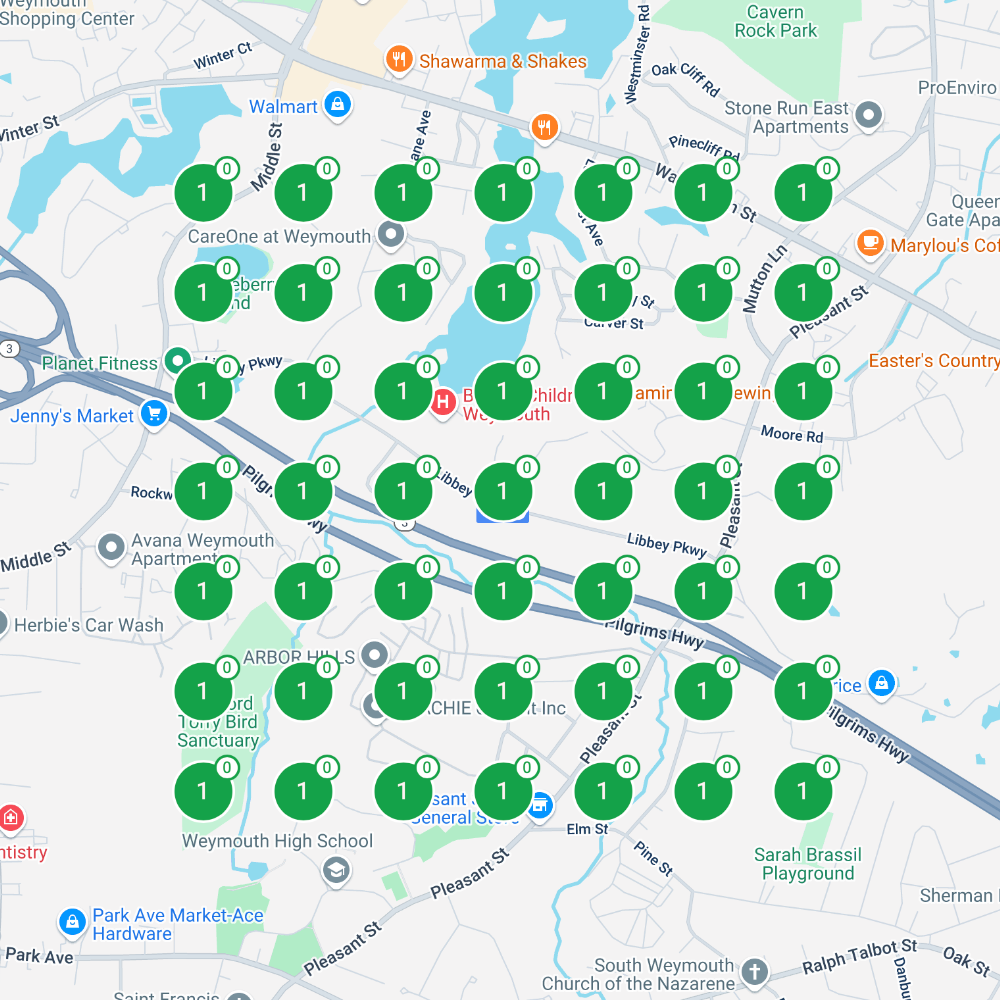Boston’s neighborhoods are as distinct online as they are offline. Anyone who has tried to rank on the first page of Google for a term like “SEO Back Bay Massachusetts” or “SEO Dorchester Massachusetts” knows the boston seo competition is fierce, fragmented, and hyper-local. Over years of client work in Greater Boston, I’ve watched search results pages (SERPs) morph block by block and zip code by zip code. Even small shifts in how you position a business can mean the difference between silence and steady leads.
The Patchwork Reality of Local SEO Across Boston
The city is not a monolith. Each neighborhood comes with its own digital quirks, shaped by local history, demographics, business density, and even quirks of postal boundaries. For example, Beacon Hill and the North End both boast tight-knit, walkable environments filled with historic charm. But their SERPs behave differently: Beacon Hill tends to favor established service providers with deep roots in the area, while the North End surfaces more hospitality and tourist-driven businesses.
When you move into outlying areas like West Roxbury or Roslindale, Google’s understanding of local intent shifts again. Here, when someone searches for “SEO West Roxbury Massachusetts,” they are more likely looking for a consultant who understands family-owned retail or generational home services than a slick digital agency.
What does all this mean? There is no one-size-fits-all approach to ranking locally in Boston. Each neighborhood demands its own SEO playbook.
Anatomy of a Neighborhood SERP: What Actually Shows Up?
Spend an afternoon running local SEO searches across Boston’s neighborhoods and patterns start to emerge. Typically, three types of results dominate:
First come the map packs - those coveted Google Business Profile listings pinned to a map at the top of the page. In places like Seaport or Financial District, these often feature agencies with prominent offices and plenty of reviews. In Jamaica Plain or Hyde Park, smaller consultancies with strong community ties may sneak in.
Second are organic results: directory sites (think Clutch or UpCity), highly optimized agency websites, blog posts about “top SEO companies,” and sometimes news features tied to business awards.
On rare occasions, paid ads also surface above or mixed into this landscape. These tend to be dominated by larger agencies with significant ad budgets - think Newton-based firms targeting Quincy or Cambridge clients.
A quick practical note: If you’re trying to win visibility in Allston versus Brighton for “SEO Allston Massachusetts” or “SEO Brighton Massachusetts,” even though they’re neighboring communities with similar demographics (young professionals, students), Google may treat them distinctly enough that separate location pages are warranted on your site.
The Role of Proximity and Geo-Intent
Location signals play an outsized role in Boston’s local SERPs due to the city’s dense network of neighborhoods and suburbs. Someone searching from South End will see a different set of businesses than someone just two miles away in Mission Hill - even if both enter an identical query.
I once worked with an agency based near Fenway that wanted traction in both Fenway itself and Brookline next door. Despite their office being less than half a mile from Coolidge Corner, it took months to convince Google Maps that they were relevant for Brookline-specific searches (“SEO Brookline Massachusetts”). The lesson was clear: proximity matters, but so does how you signal your intent through citations, content, and strategic partnerships within each community.
This phenomenon grows even more pronounced as you step outside city limits into places like Medford or Waltham. Here, hyper-local optimization becomes essential because users overwhelmingly prefer vendors who appear woven into their own neighborhood fabric - not outsiders parachuting in from downtown Boston.
Content Nuances: Speaking Your Neighborhood’s Language
Generic landing pages rarely convert well at the neighborhood level. To resonate in Dorchester versus Chinatown requires tuning your messaging and references accordingly:
- In Dorchester (“SEO Dorchester Massachusetts”), highlighting support for local nonprofits or events can help. For Chinatown (“SEO Chinatown Massachusetts”), showing cultural competence and multilingual capabilities often builds trust. Charlestown prospects respond well to stories about historic preservation projects. In Somerville (“SEO Somerville Massachusetts”), referential nods to Union Square or Davis Square make your content feel authentic.
I recall an engagement where we split-test two otherwise identical service pages targeting Mattapan and Milton. Simply swapping out references to local landmarks led to a 22% higher click-through rate from Mattapan-based searchers when we mentioned Franklin Park instead of generic city-wide assets.
Authenticity isn’t optional; it’s table stakes for earning clicks from savvy Bostonians who know when they’re being sold from afar.
Review Volume and Quality: More Than Just Stars
Reviews form another key battleground across Boston neighborhoods’ SERPs. But it isn’t just about amassing five-star ratings; it’s about relevance and recency within each micro-market.
In Jamaica Plain (“SEO Jamaica Plain Massachusetts”), where word-of-mouth reigns supreme among small businesses and nonprofits, recent testimonials mentioning specific projects can nudge you ahead of competitors who haven’t updated feedback since 2018.
Contrast this with East Boston (“SEO East Boston Massachusetts”) where newer residents might rely on star averages alone because they lack deep-rooted connections locally - so here volume may trump narrative depth.
There is no shortcut; getting meaningful reviews takes time spent building genuine relationships within each neighborhood ecosystem.
Directory Listings: Friend Or Foe?
Directories like Clutch.co often dominate organic spots for broad queries such as “best SEO company Cambridge MA.” They serve as valuable lead sources but also present headaches for smaller agencies aiming for direct website traffic.
A few trade-offs become apparent:
Directories can funnel leads but will siphon off brand recognition unless your listing stands out. Competing against directories means investing heavily in long-form content tailored specifically for queries like “SEO Cambridge Massachusetts” rather than settling for generic pages. Some directories over-index on paid placements rather than true meritocracy; be prepared to invest if visibility there matters most. Niche directories serve some communities better than others - Braintree’s small business council site sends actual calls while Peabody-focused Facebook groups rarely move the needle. Sometimes it pays off more to build thought leadership locally through guest columns on community news sites like Patch or Wicked Local rather than obsessing over directory rankings alone.Many Boston-area firms straddle both approaches until one SEO Company Boston seo in boston channel clearly outperforms the other over several quarters of tracking conversions rather than mere clicks.
Case Study: Competing Across Borders From Newton To Quincy
One midsize agency I worked with had offices straddling Newton and Quincy - two very different markets despite their proximity along Interstate 93/95 corridors. Their goal was double-barreled dominance: show up first for “SEO Newton Massachusetts” as well as “SEO Quincy Massachusetts.”
They built dedicated location pages featuring staff bios tied explicitly to each office along with photo tours showcasing involvement at Newton Centre events versus Wollaston Beach cleanups in Quincy.
The biggest challenge wasn’t technical SEO; it was earning quality links from truly local organizations (chambers of commerce, rotary clubs). Over twelve months they saw organic inquiries rise 47% from Newton-related searches after securing three backlinks from Newton-based publications including Fig City News; Quincy conversions lagged until they began sponsoring neighborhood clean-up days alongside local business associations - proof that offline engagement still moves online rankings at this scale.
Suburban Dynamics: Beyond Route 128
The competitive landscape shifts further outside urban Boston proper into towns like Lexington (“SEO Lexington Massachusetts”), Needham (“SEO Needham Massachusetts”), Woburn (“SEO Woburn Massachusetts”), Gloucester (“SEO Gloucester Massachusetts”) or Framingham (“SEO Framingham Massachusetts”).
Here several traits stand out:
- Lower density means fewer direct competitors per niche query Community reputation carries outsized weight relative to technical sophistication Local news media wields surprising influence over who gets found online Home services dominate many suburb SERPs compared with professional services focus inside Route 128
I’ve seen agencies spend thousands optimizing generic suburb landing pages only to get trounced by a single multi-generational competitor whose owner volunteers at every town fair — those real-world relationships fuel link-building opportunities that algorithmic strategies struggle to match without boots-on-the-ground knowledge.
How Google Interprets Location Signals
Google’s algorithm weighs dozens if not hundreds of factors when deciding which business appears atop any given search result page tied to a place name like “SEO Watertown Massachusetts” or “SEO Arlington Massachusetts.” Some signals matter universally:
- Claiming and verifying Google Business Profiles (with accurate NAP: name-address-phone) Earning consistent citations across major platforms (Yelp, Bing Places) Acquiring locally relevant backlinks Publishing fresh content tailored narrowly by locale Gathering recent customer reviews containing locality mentions
But there are subtler signals too: embedding geotagged images taken at real events around Winchester Common boosts credibility far more than stock photography ever could; referencing roadwork on Trapelo Road tells Belmont prospects you’re paying attention locally; sharing case studies anchored around Wakefield Memorial High School connects viscerally with parents searching nearby services after drop-off.
It’s granular work best tackled by teams who live inside the neighborhoods themselves rather than remote operators guessing at what locals care about week-to-week.
Trade-Offs When Targeting Multiple Neighborhoods
Serving multiple neighborhoods presents logistical challenges that grow exponentially as your footprint expands beyond central Boston into Lynn (“SEO Lynn Massachusetts”), Beverly (“SEO Beverly Massachusetts”), Peabody (“SEO Peabody Massachusetts”), Marblehead (“SEO Marblehead Massachusetts”) or Swampscott (“SEO Swampscott Massachusetts”).
You must decide whether to spread resources thinly across many hyper-local pages hoping one gains traction organically - or concentrate firepower on winning one high-converting territory before expanding outward via referrals and positive press coverage.
Here is a simple checklist I use when evaluating whether multi-location strategies make sense:
Are there enough unique attributes per target area (demographics/events/business mix) justifying separate landing pages? Does competition cluster tightly around just one ZIP code? Can we secure authentic reviews mentioning each locale? Are our team members active participants within each community? Is our backlink profile diversified enough by geography — not just quantity?If most answers skew negative after honest assessment, doubling down on one core area usually yields faster ROI before branching out.
Competitive Intelligence Tools That Actually Help
The right tools save time but never replace lived experience walking Main Street yourself:
For tracking rankings across dozens of neighborhoods simultaneously I lean on Local Falcon heatmaps — watching gradient changes around places like Danvers reveals surprisingly uneven coverage even within small towns due to cell tower handoffs affecting user location data.
BrightLocal offers robust citation audits showing whether you’ve missed smaller platforms favored specifically by towns such as Dedham (“SEO Dedham Massachusetts”) versus bigger players elsewhere.

But nothing replaces calling three real businesses per area asking where new customers heard about them — patterns emerge quickly that dashboards simply cannot surface.
Lessons Learned From The Field
After years embedded with agencies fighting for visibility across Boston's patchwork quilt of digital geographies I've distilled several truths:

First: Authenticity wins over raw technical muscle almost every time outside downtown cores.
Second: Partnerships matter — joining forces with respected community organizations both accelerates trust-building online and insulates against sudden Google updates.
Third: No amount of keyword stuffing can substitute for genuinely localized storytelling — prospective clients notice details quickly if you've merely swapped place names without understanding what makes each neighborhood tick.
Finally: Track everything but act decisively based on qualitative feedback from locals — those conversations shape more successful campaigns than any spreadsheet model ever could.
Boston remains fiercely tribal online as much as off; crack one neighborhood's code thoughtfully before scaling up efforts citywide or beyond Route 128 if sustainable lead pipelines matter long-term.
SEO Company Boston 24 School Street, Boston, MA 02108 +1 (413) 271-5058